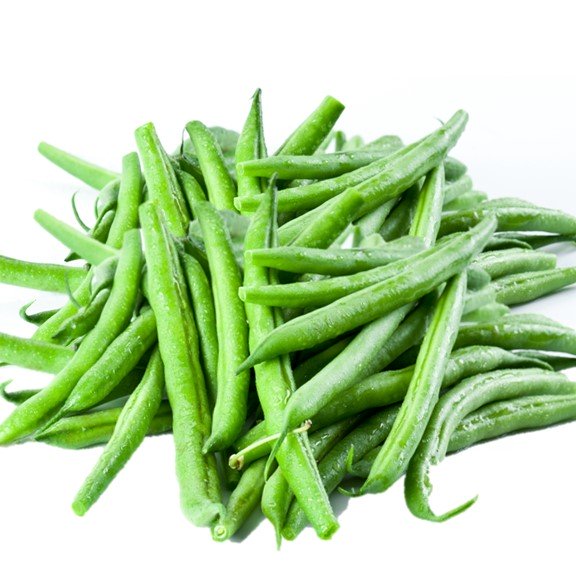Green Beans
Green beans is a nice, crunchy, low-calorie food. They are healthy, rich in fiber and many other nutrients.
Need to buy green beans? Then our green beans will be your best friend. Our green beans is directly from our farm. They are healthy, rich in fiber and many other nutrients.
Green beans a nice, crunchy, low-calorie food but also they provide many key nutrients. Young, tender green beans are a good source of vitamin C, dietary fiber, folate, vitamin K and silicon (needed for healthy bones, skin, and hair).
Green Beans Nutritional Benefits
The nutrients provided can help reduce the risk of a number of health conditions.
Cancer
Green beans contain a high amount of chlorophyll.
This may block the carcinogenic effects of heterocyclic amines that are generated when grilling meats at a high temperature. Individuals who prefer their grilled foods charred should pair them with green vegetables to decrease the risk.
Fertility and pregnancy
For women of child-bearing age, consuming more iron from plant sources such as spinach, beans, pumpkin, and green beans appears to promote fertility, according to Harvard Medical School.
Other studies have shown a correlation between a woman’s level of fertility and the level of according to, including iron, that she consumes.
Pairing iron-rich foods with vitamin C-rich foods like tomatoes, bell peppers, or berries can improve iron absorption.
Adequate folic acid intake is also needed during pregnancy, to protect the fetus against neural tube defects. One cup of green beans provides approximately 10 percent of daily folic acid needs and 6 percent of iron.
Depression
Meeting daily folate needs may also help with depression.
Adequate folate consumption can prevent an excess of homocysteine in the body.
Too much homocysteine can stop blood and other nutrients from reaching the brain, and it can interfere with the production of the feel-good hormones serotonin, dopamine, and norepinephrine, which regulate mood, sleep, and appetite.
Bone health
A low intake of vitamin K is associated with a higher risk of bone fracture.
Adequate vitamin K consumption improves bone health by modifying bone matrix proteins, improving calcium absorption, and reducing urinary excretion of calcium.
One cup of green beans provides 14.4 micrograms of vitamin K, or almost 20 percent of the daily requirement, 4 percent of a person’s daily need for calcium.
It is important to remember that it is not the individual vitamins, minerals, or antioxidants alone that make vegetables like green beans such an important part of our diet.
It has been proven that isolating these healthful nutrients in supplement form will not provide the same outcomes. It is best to consume them as part of a healthy, varied diet.







Reviews
There are no reviews yet.